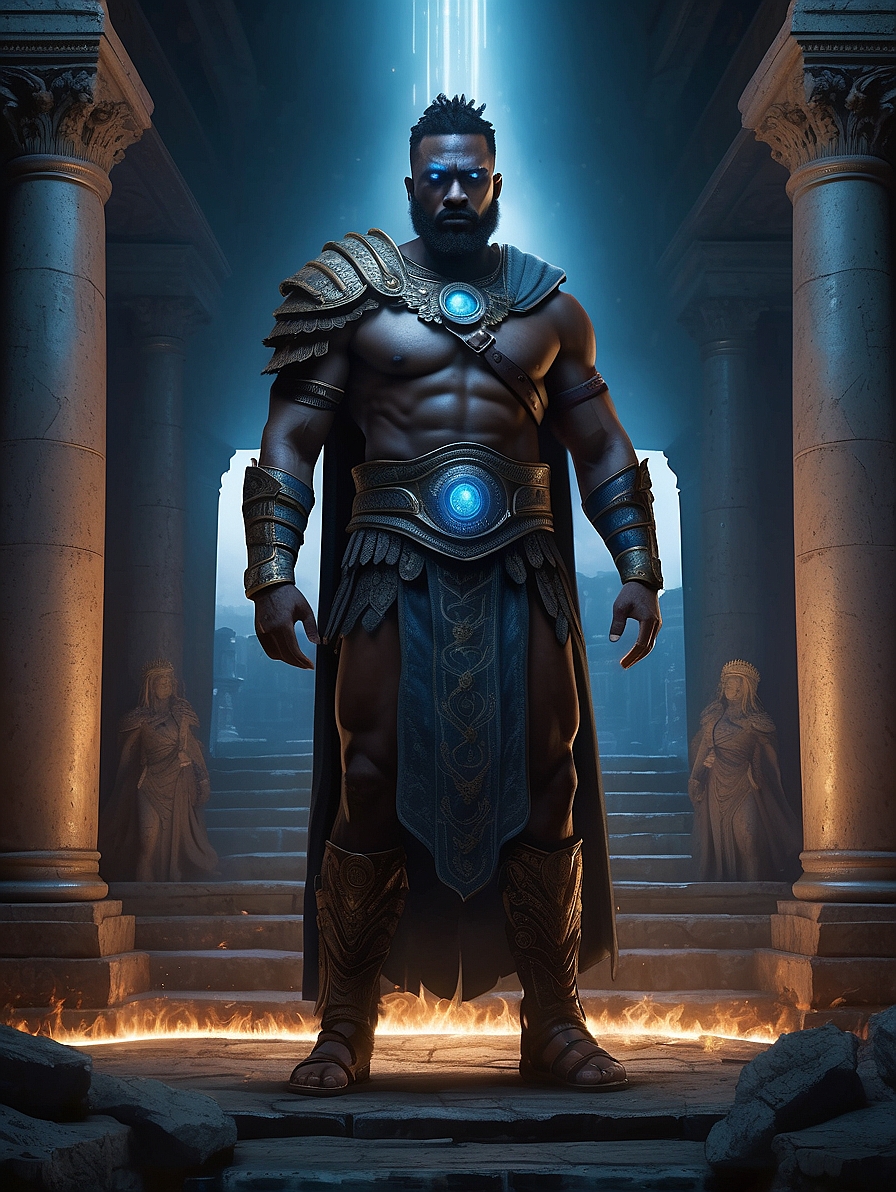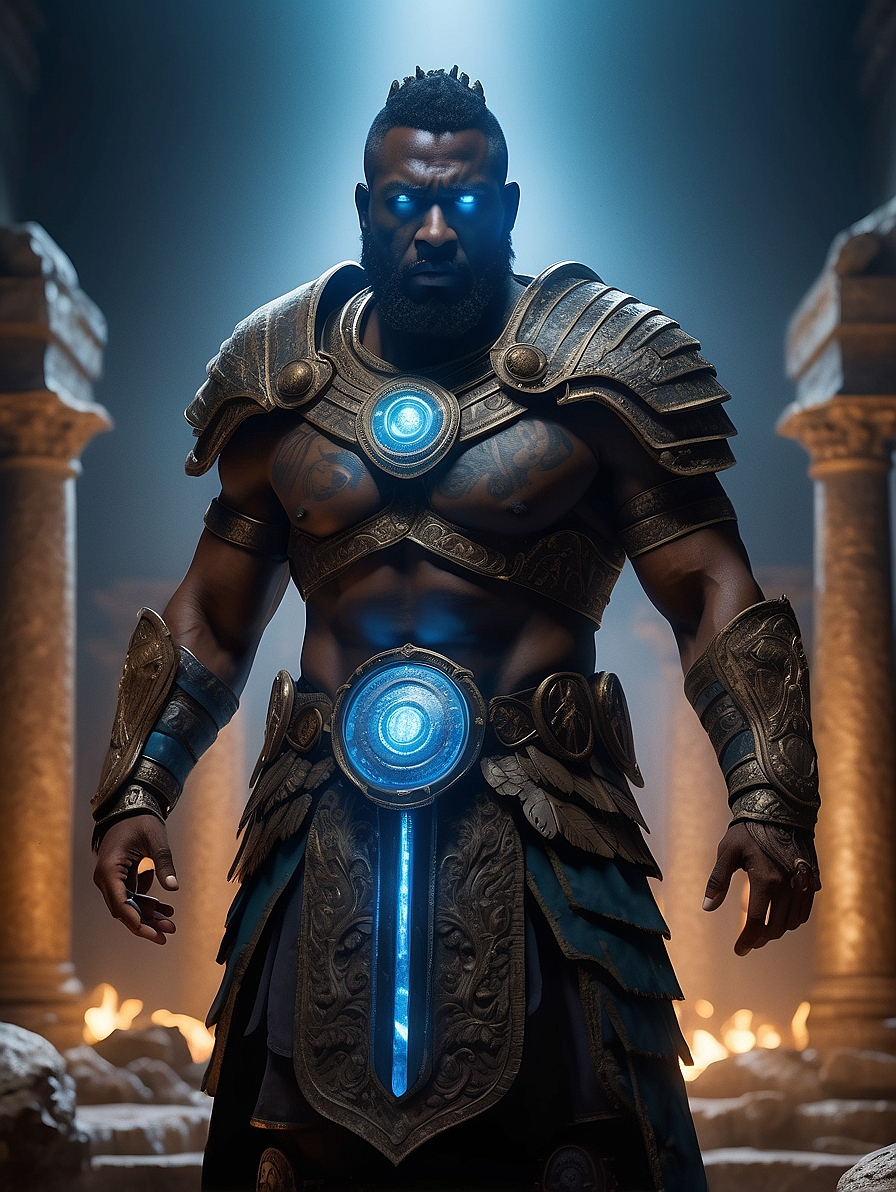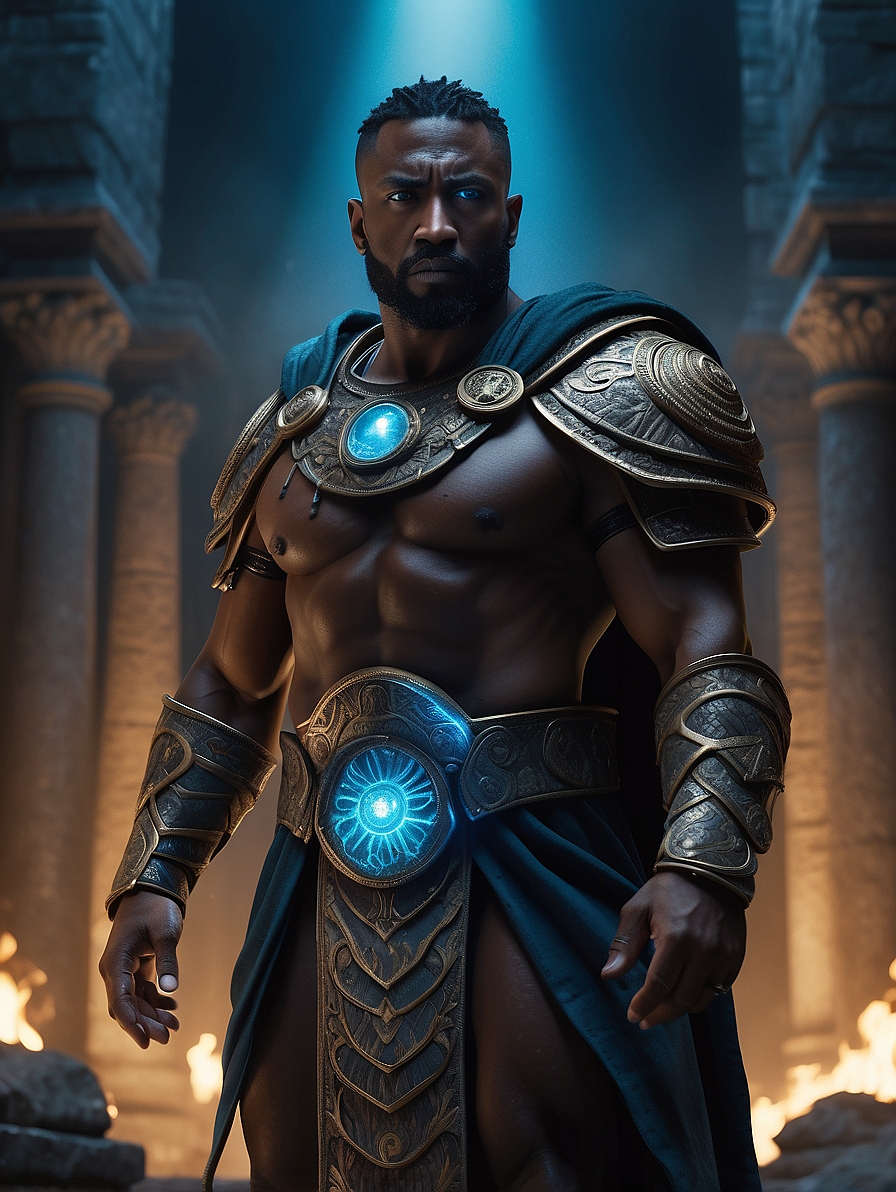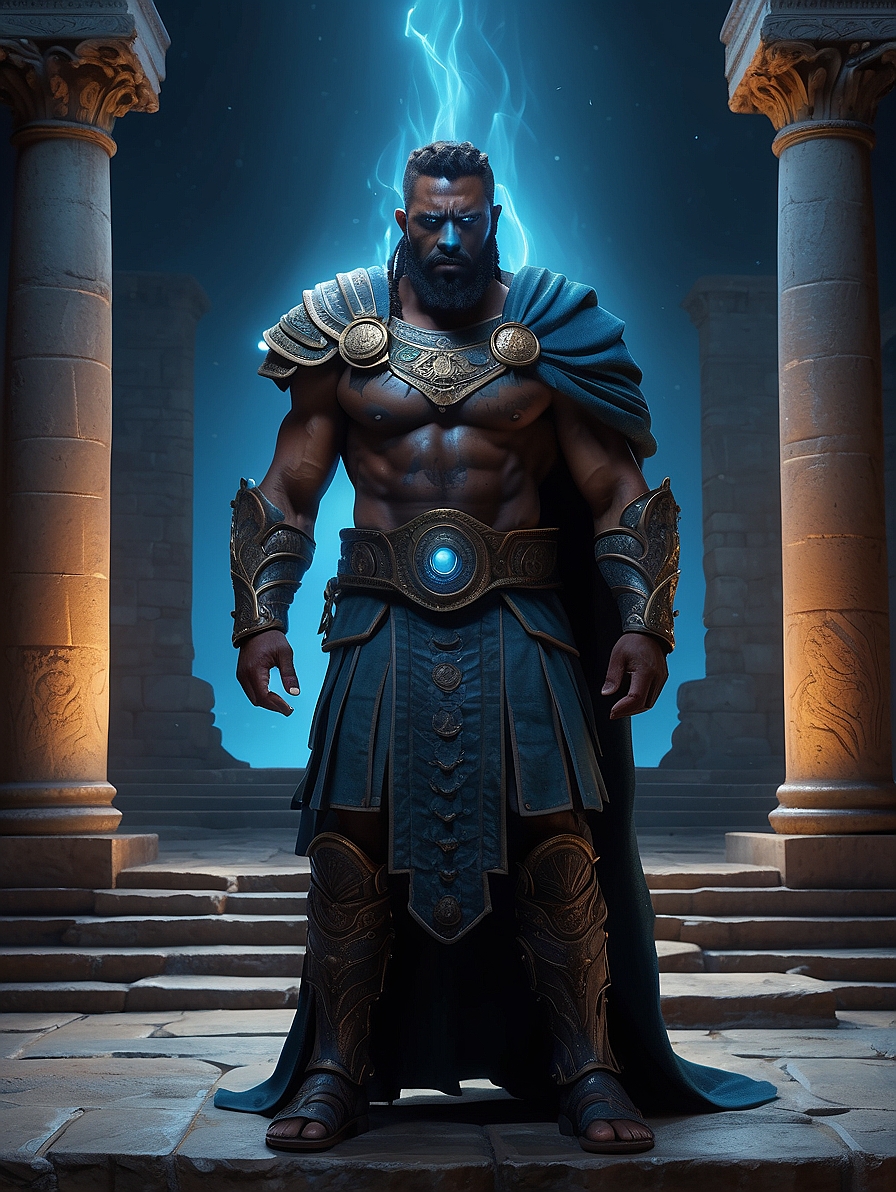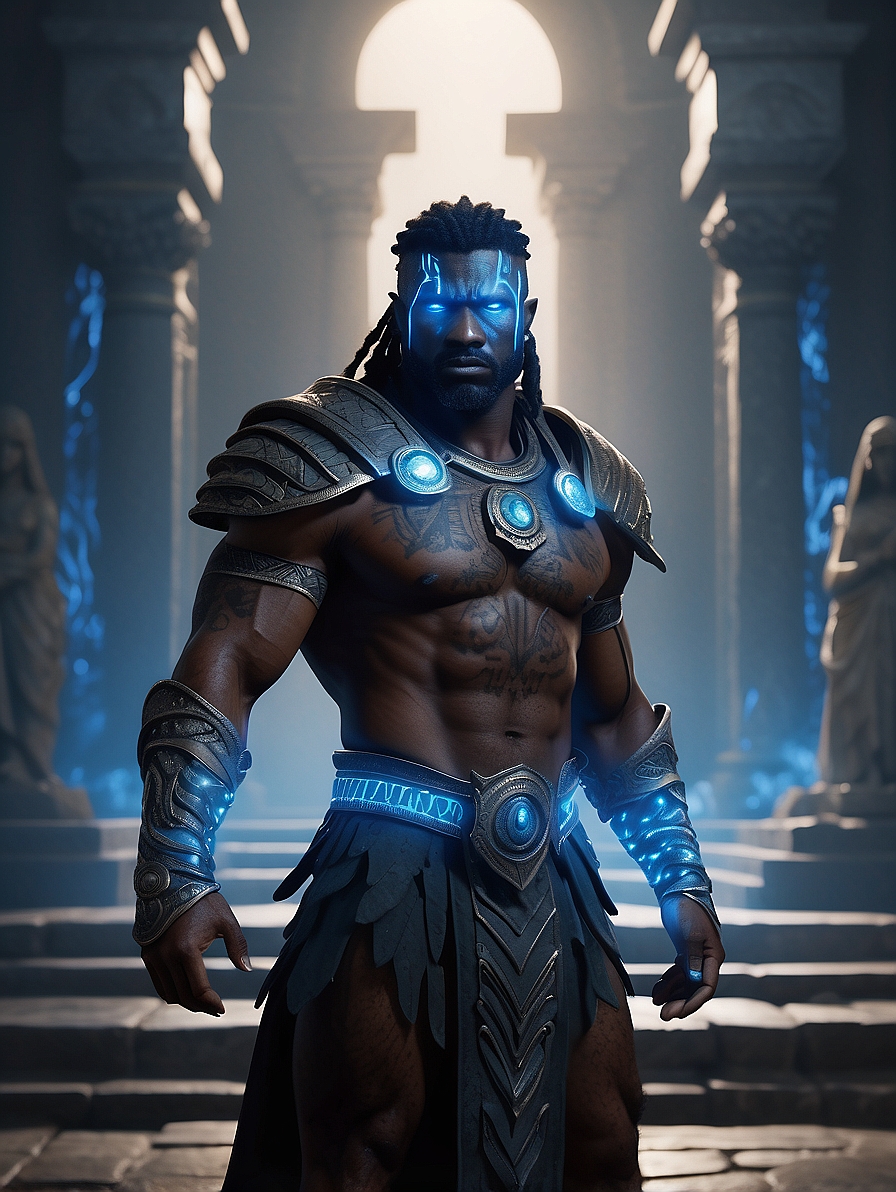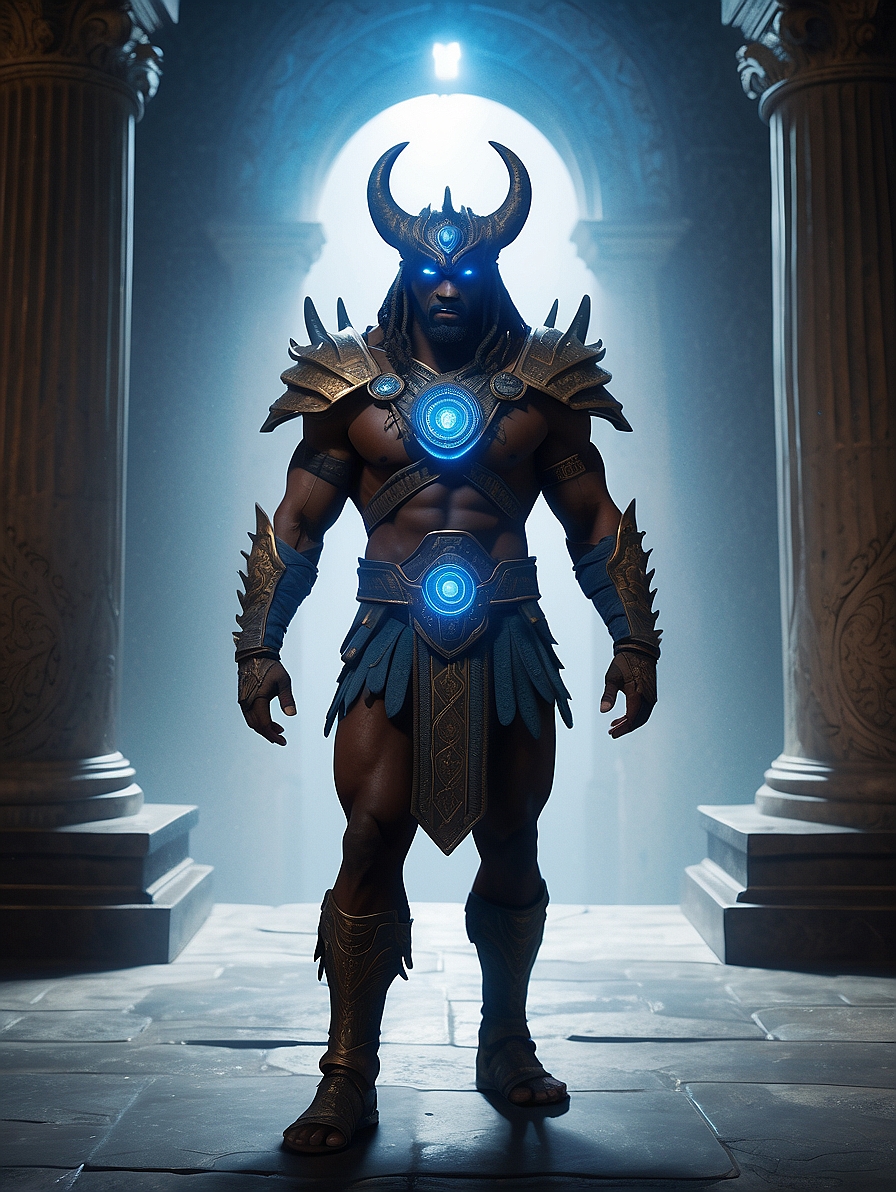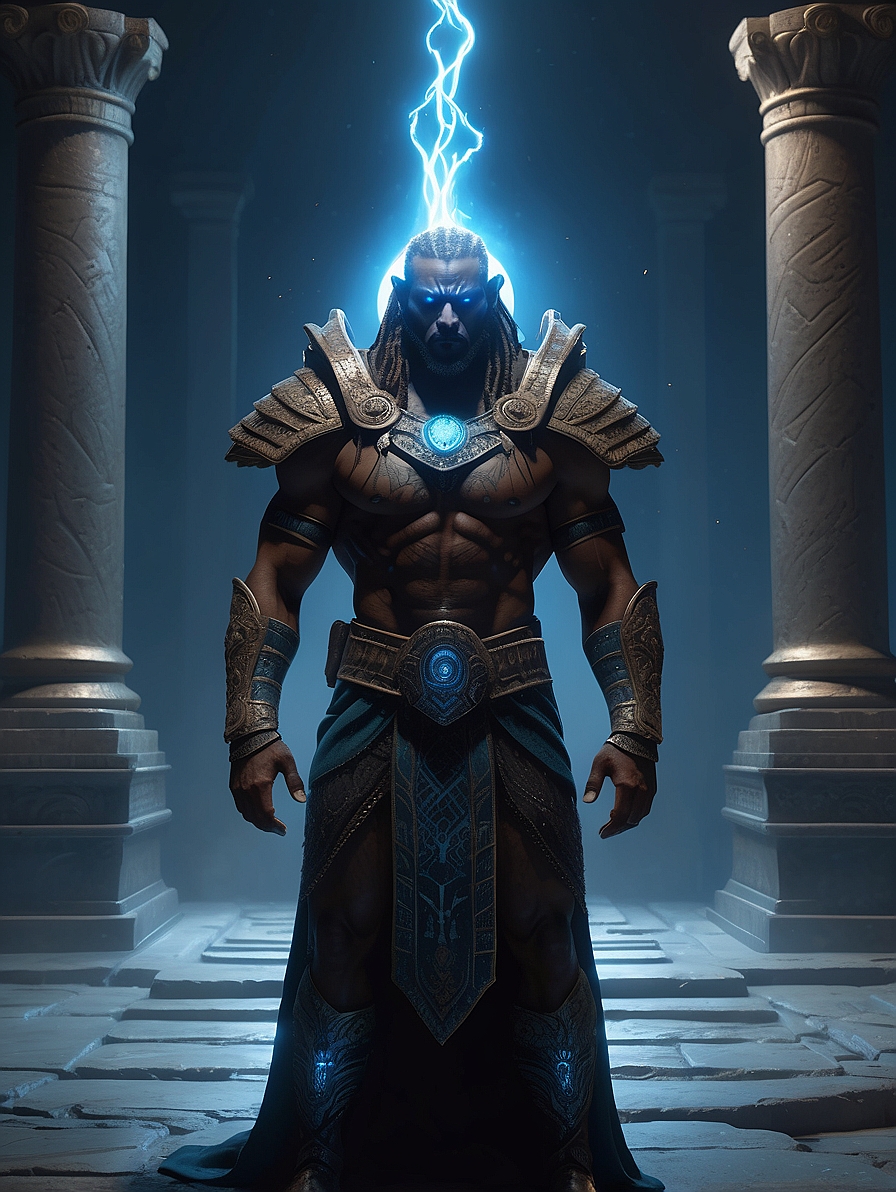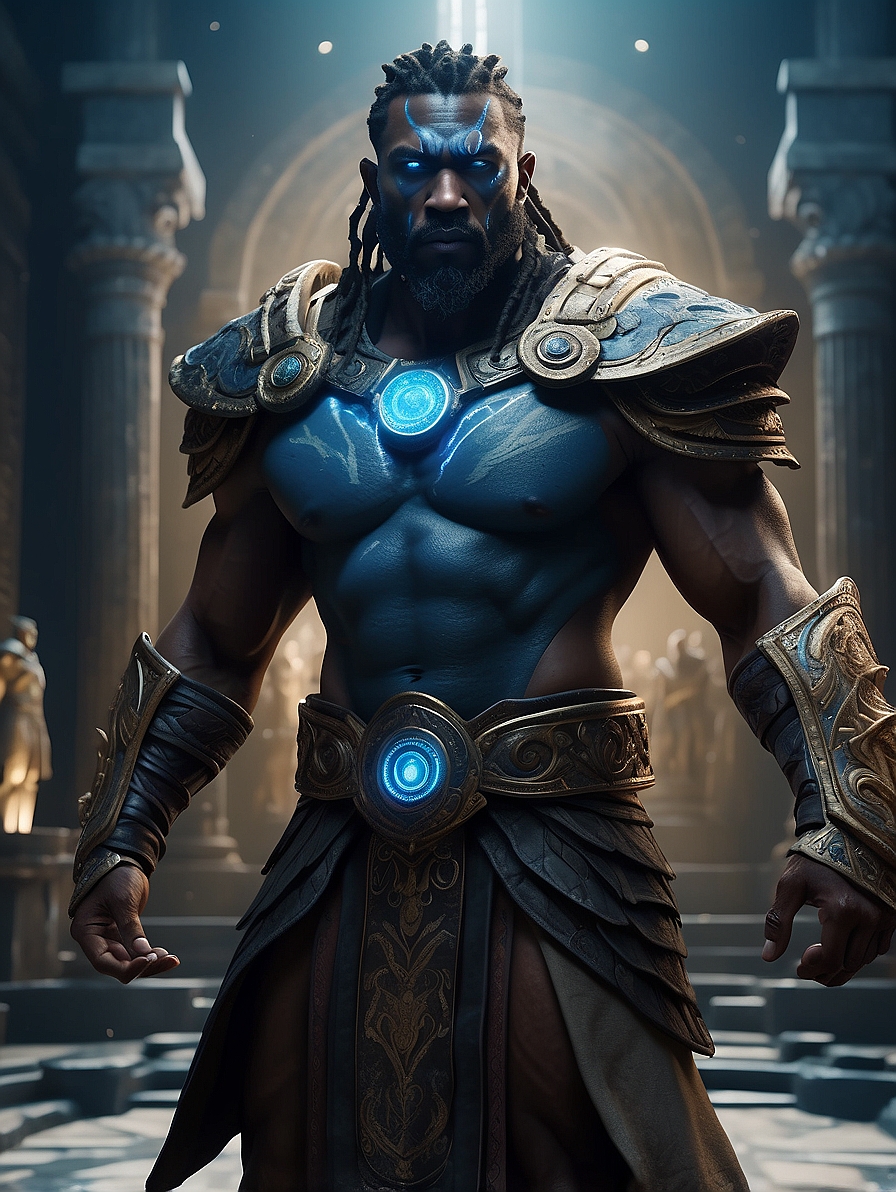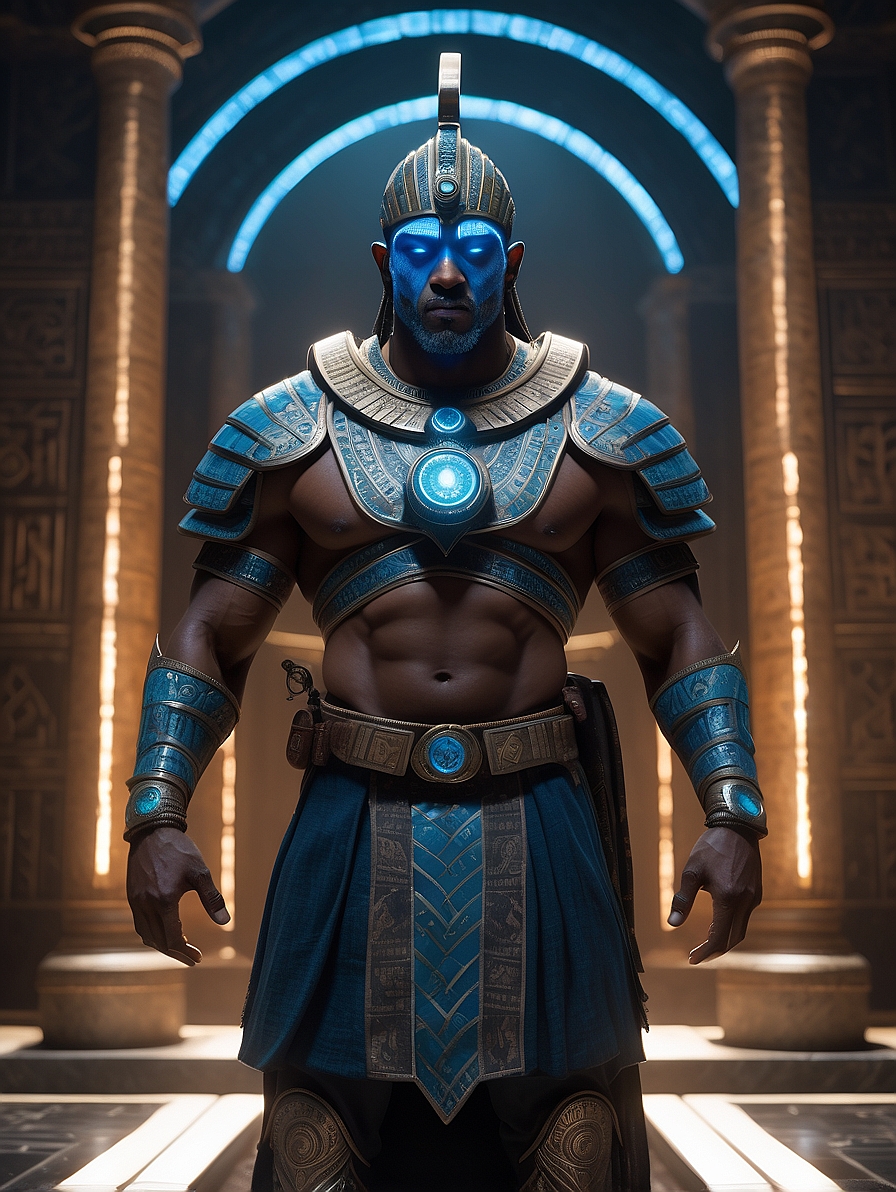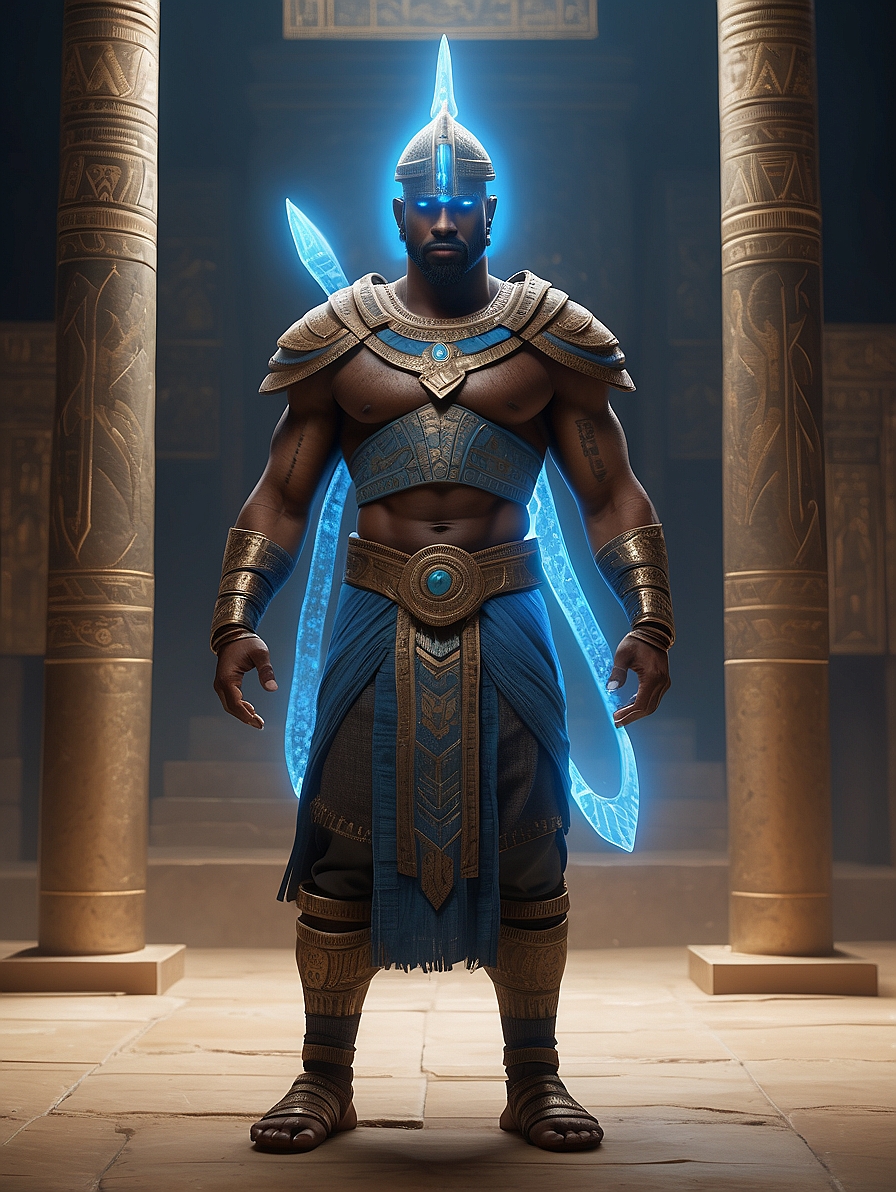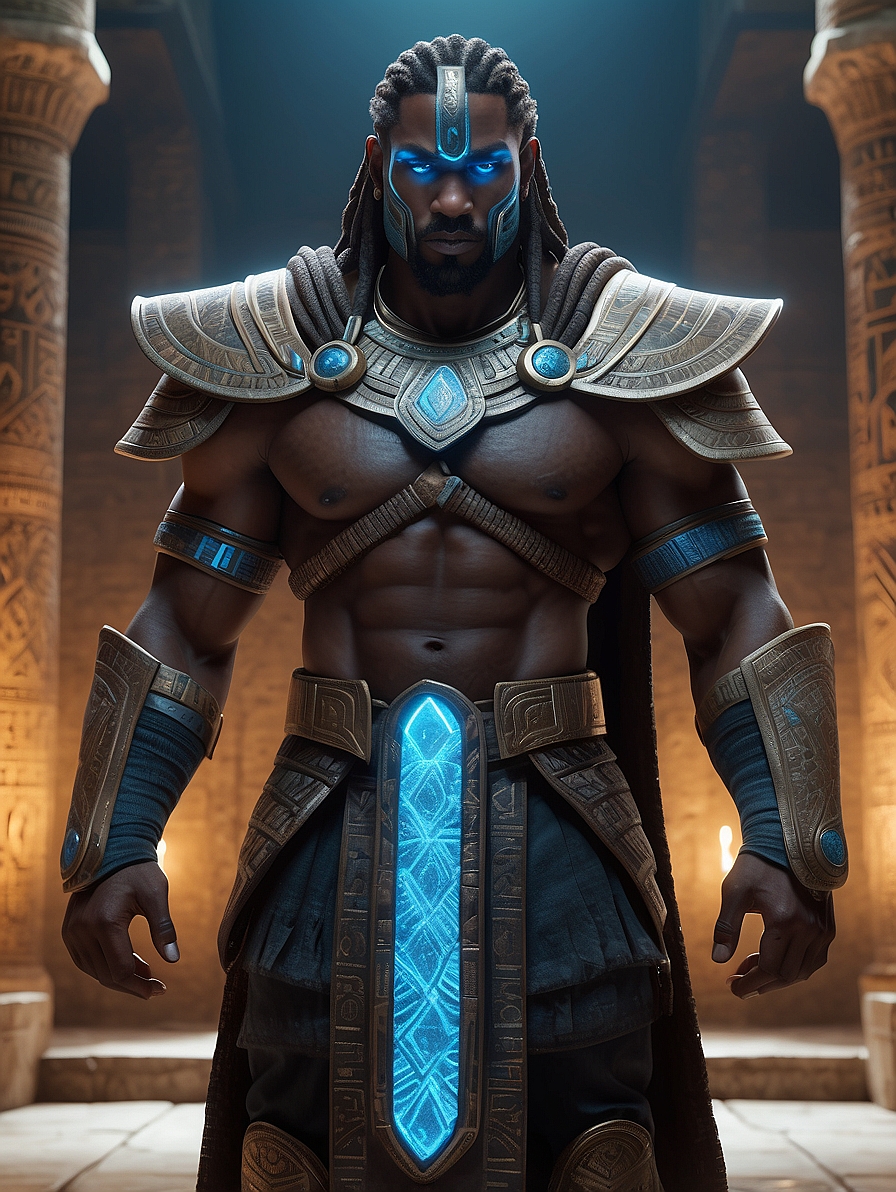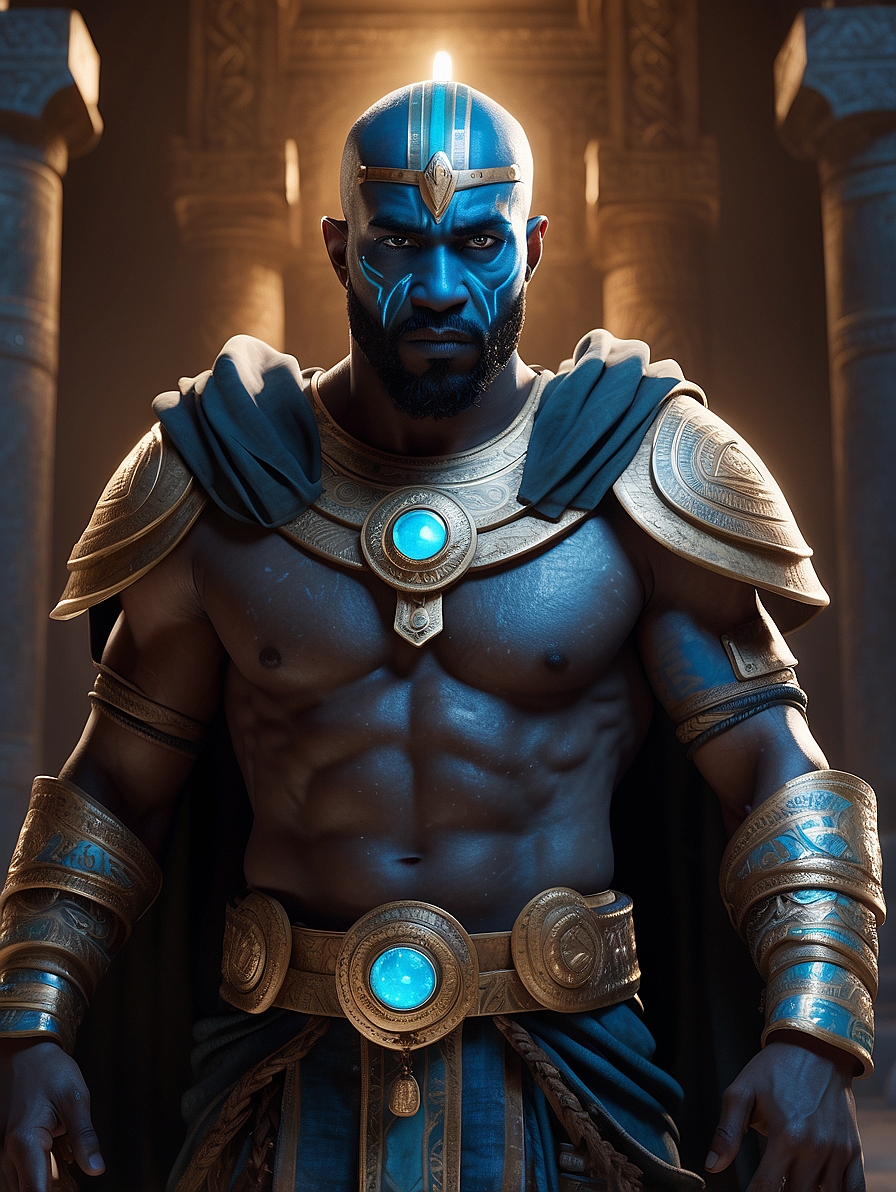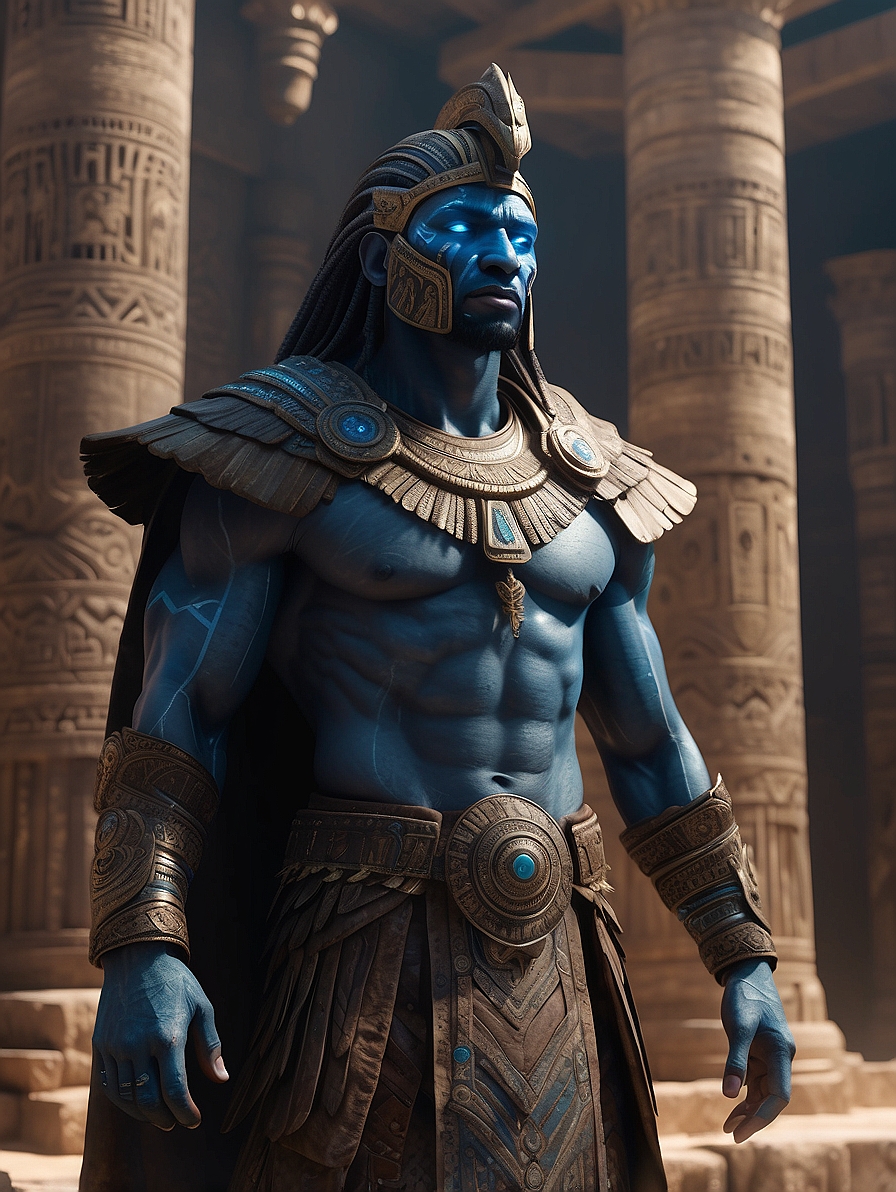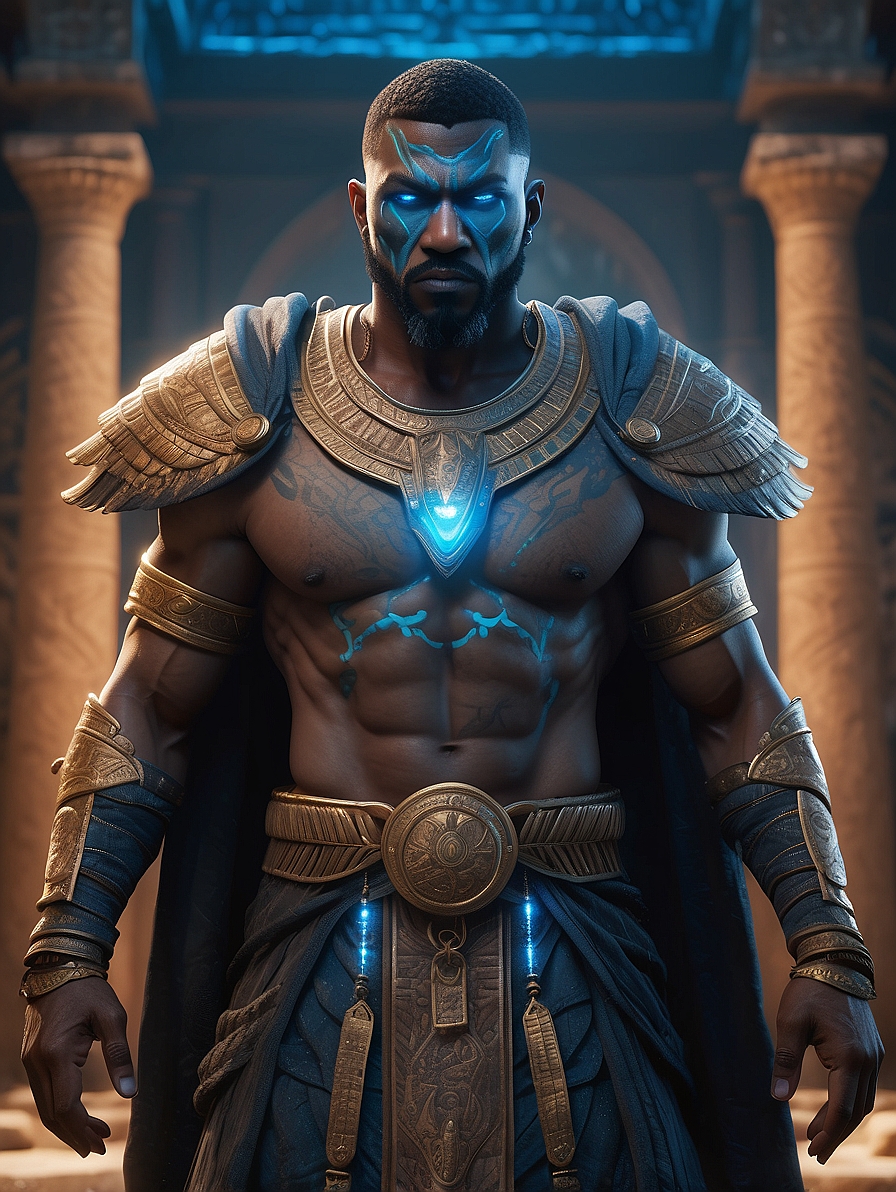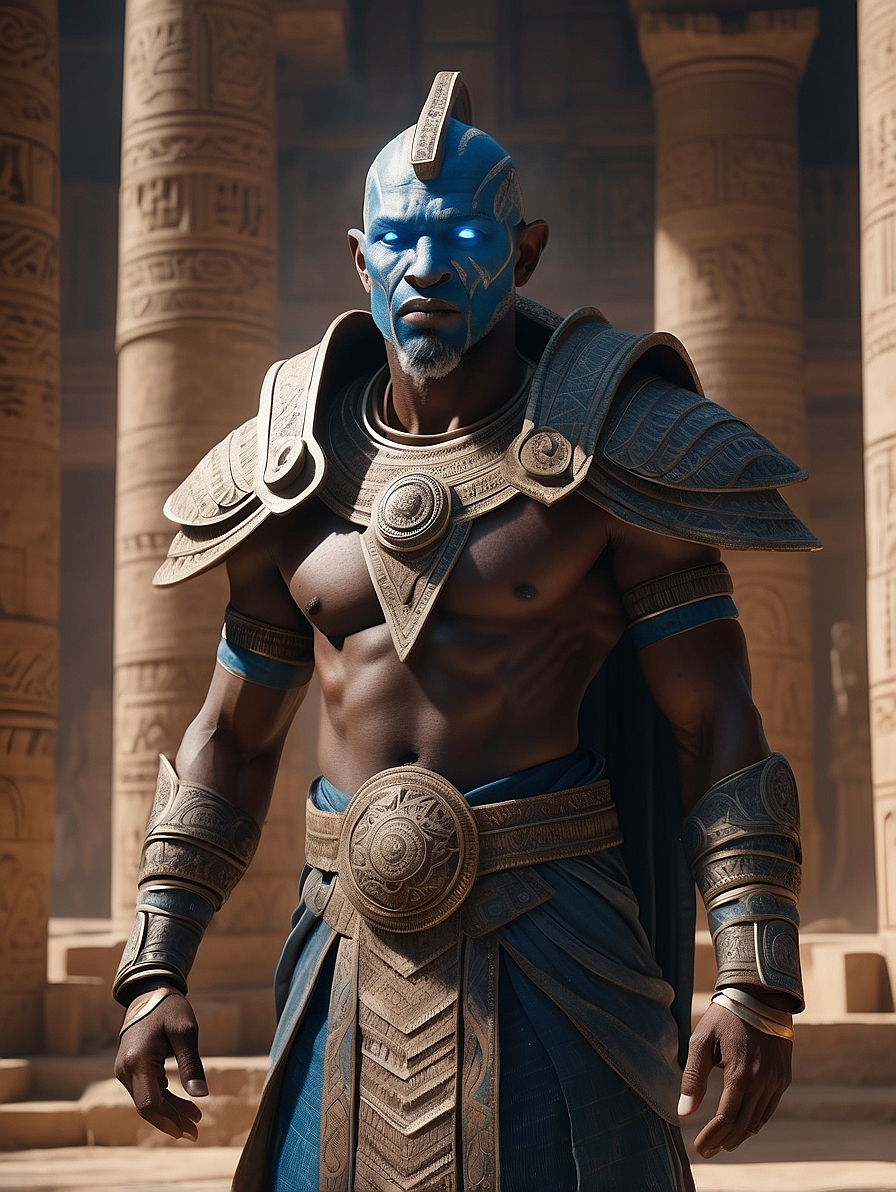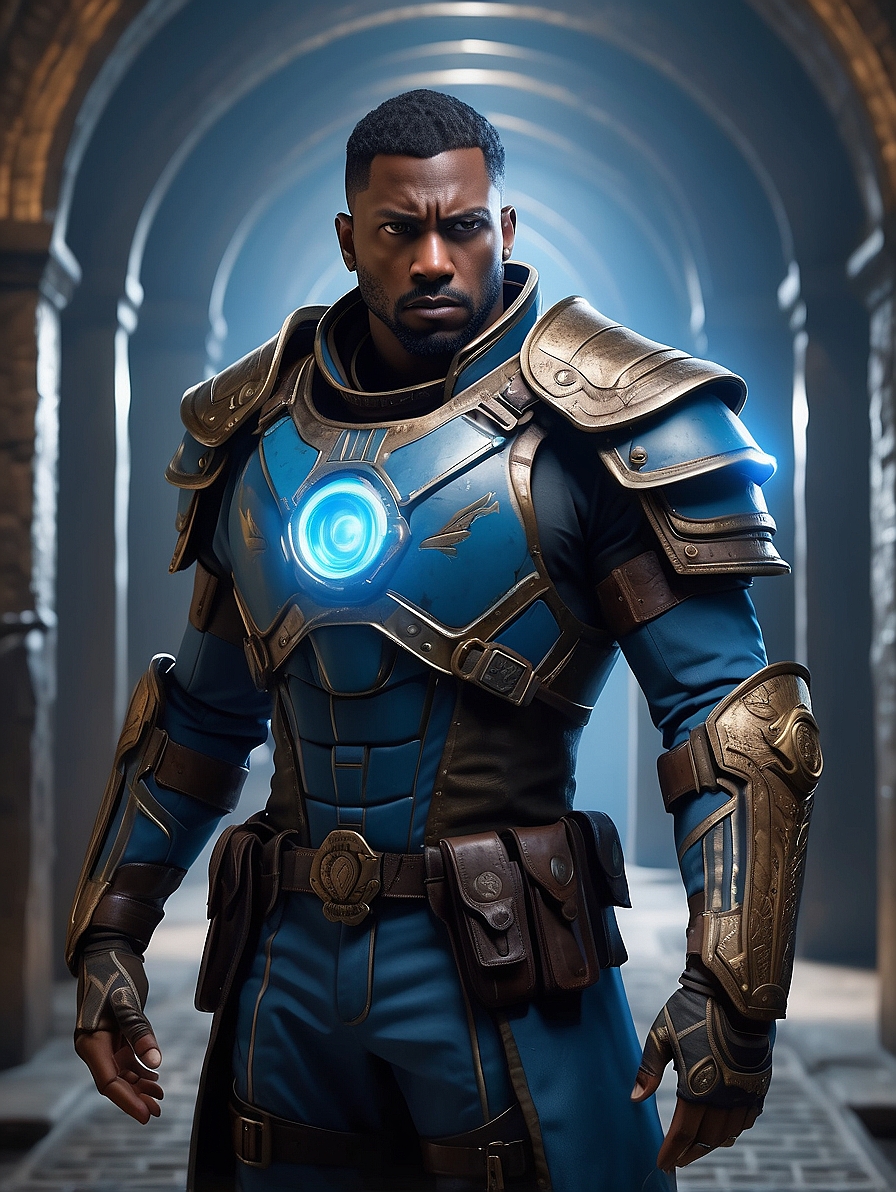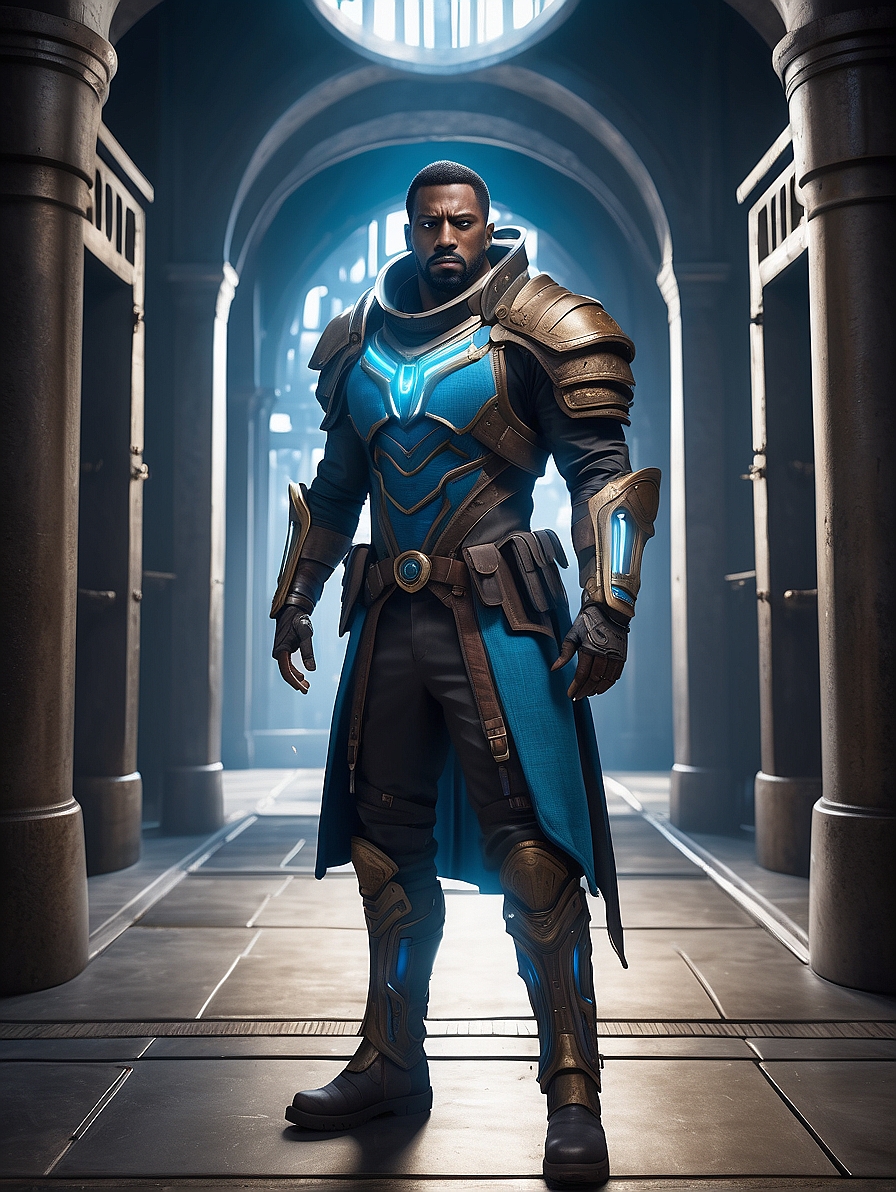History of The Warden
The Realm of Beyt-Kele
The Warden exists outside of time and the Chronoverses in a quarantined realm that was created by Tristia and Gavah Yaqaran to house the criminals of Zetalon and the worst criminals of all time. When criminals vanish from history or die in unusual deaths it is because they are plucked from the timeline by the Warden’s special task force that is a mix of Mishtara and Time Walkers.
In the times of Mesopotamia they worshipped The Warden as the god Ištaran (Ishtaran). It was known that he was a divine judge, and his position in the Mesopotamian pantheon was high, but much about his character was uncertain. He was associated with snakes, especially with the snake god Nirah.
It has been suggested that they viewed his realm as a type of underworld that people were sent to for punishment. As Ištaran, his face was regarded as beautiful. A lament even refers to him as “bright-eyed”, which could be from the glow his eyes had at times.
Gavah Moatzah
As the Gavah Moatzah settled the universe of Zetalon and established themselves as the new primordial gods of the land, they also completed tasks that would impact the entirety of the Chronoverses by creating their own realms that existed outside of time. With the help of Tristia they created the realm known as Beyt-Kele.
For a time Tristia was in charge of Beyt-Kele but she would later be tasked with recruiting the Warden to govern it. He is one of six entities that appeared out of nowhere to serve the Gavah Moatzah in their goals and needs. The Warden was placed in charge of Beyt-Kele to maintain order across the Chronoverse.
The Maalik was placed in charge of the dead in the realm of Qur. The Gifter was placed in charge of granting wishes and lived in the realm of Qur. The Threader was placed at Beyt Gavah and placed in charge of healing the universe. The Dreamer who was placed in charge of the realm of Dreams. The Scribe who was placed in the realm of Natsar to record all of time and space.
The God of Prisons
During the times of the Sumerian and Mesopotamians he was called Birtum (also spelled Birdu). He was a deity of the underworld. His name means “fetter” or “shackle” like the chains of prison those under his rule were subjected to. Birtum is the husband of Nungal, the goddess of prisons. His sukkal was the god Eturammi, whose name means “do not slacken.”
During the times of the Greeks and Romans he was called Tártaros (also spelled Tartarus). In the eyes of the Greeks he was the third primordial male deity born, following after chaos and creation. It is believed that sinners are sent to Tártaros for punishment after death. His domain is described as expansive. It is surrounded by three perimeter walls, beyond which flows a flaming river named the Phlegethon. The Romans claimed that to further prevent escape, a hydra with fifty black, gaping jaws sits atop a gate that screeches when opened.





